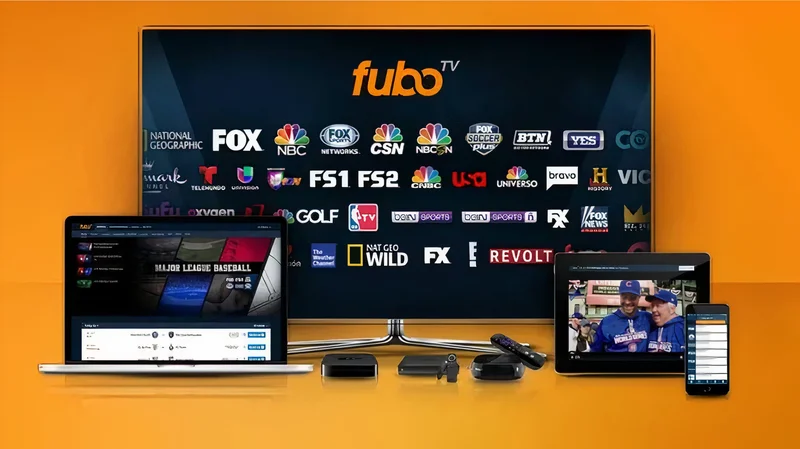So, YouTube TV subscribers are staring at a screen full of blacked-out Disney channels. ABC, ESPN, FX, National Geographic—gone, just like that. The stated reason? A contract dispute. The real reason? Probably posturing over subscriber fees, as always.
The immediate impact is clear: No Monday Night Football, no Abbott Elementary, and a weekend devoid of college football (at least, not on the channels you're used to). But before you smash your remote, let's look at some alternatives.
The obvious options are Fubo, Sling TV, and ESPN Unlimited. Fubo is pushing a free trial and a $30 discount on the first month of their Pro or Elite plans, bringing them down to $54.99 and $74.99, respectively. Sling TV is offering short-term passes – a day, a weekend, or a week – which is an interesting model. (I wonder how many "weekend passes" they expect to sell to desperate football fans.) And ESPN Unlimited, the Mouse's own direct-to-consumer play, is $29.99 a month or $299.99 a year.
Let's break this down. YouTube TV doesn't publish its exact subscriber numbers, but estimates put it around 8 million households. Let's assume, conservatively, that 10% of those households switch to ESPN Unlimited out of sheer desperation. That's 800,000 new subscribers at $30 a month. That’s $24 million a month in new revenue for Disney. Not bad for a little bit of brinkmanship. But it also leaves 7.2 million households looking for alternatives – or, perhaps more likely, just pirating the content.
The question is, does this blackout actually create new streaming subscribers, or does it just shuffle them around? Fubo and Sling are hoping for the latter, offering deals and passes to lure defectors. Sling's short-term pass is particularly interesting. It's a recognition that not everyone wants another monthly subscription. They just want to watch the game.
Here's where things get interesting, and where the available data gets thin. We don't know how many people are truly "locked in" to YouTube TV. Are they loyal customers who will wait out the dispute, or are they just using it because it was the easiest option at the time? My hunch is that the latter is more accurate. The streaming market is incredibly fluid. Consumers are constantly switching services, chasing the best deals and the content they want.

I've looked at hundreds of these subscriber reports, and churn rate (the rate at which subscribers cancel) is the single most important metric. A high churn rate means you're constantly having to acquire new customers just to stay in place. It's a treadmill, not a growth engine.
And this is the part of the report that I find genuinely puzzling. Disney is willing to pull its content from a major platform like YouTube TV, potentially alienating millions of viewers, all for what? A few extra dollars per subscriber? It seems short-sighted. Unless… unless they have data suggesting that those viewers are more likely to subscribe to ESPN Unlimited than to simply switch to another bundled service like Hulu (which, of course, Disney also owns).
What makes this situation even more complex is the rise of cord-cutting. People are ditching traditional cable in droves, opting for streaming services that offer more flexibility and lower prices. But the streaming landscape is becoming increasingly fragmented, with each media company launching its own platform. Are we simply recreating the cable bundle, only online and with more steps?
So, what's the play here? Disney is betting that its content is valuable enough to force consumers to follow it, even if it means subscribing to yet another streaming service. It's a risky gamble. If enough people simply find other ways to watch—piracy, borrowing passwords, or just not watching at all—Disney could end up losing more than it gains.
The media is framing this as a “contract dispute” but it's more like a chess game where the pawns are the viewers at home. The question is, does Disney have enough pieces on the board to win? And more importantly, will anyone still be watching when the game is over?
Disney’s bet is that consumers will cave. My bet is they’re overestimating their leverage. If you're looking for alternative ways to access ESPN and other Disney-owned channels, resources like How to stream ESPN, ABC and more without YouTube TV can provide helpful information.